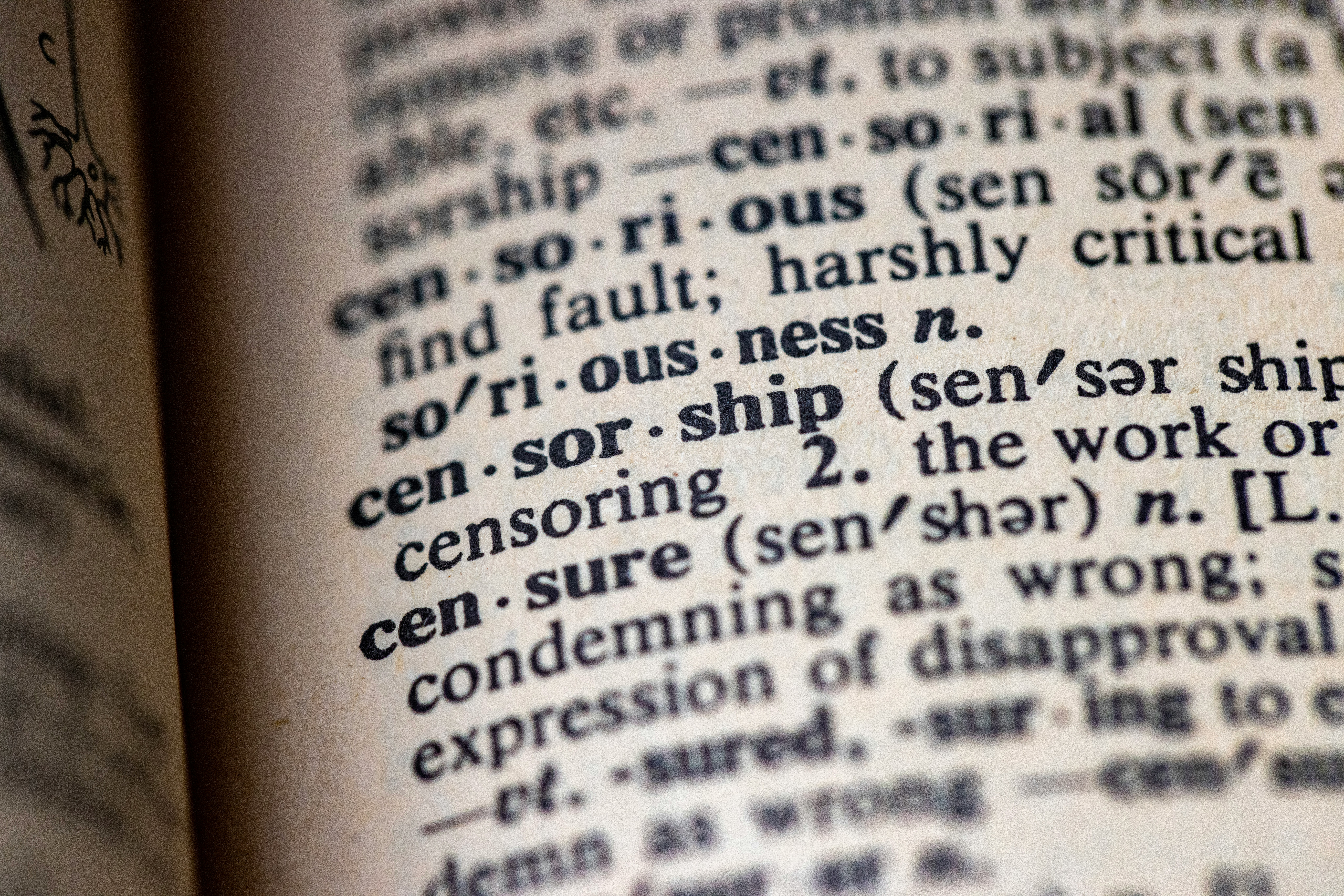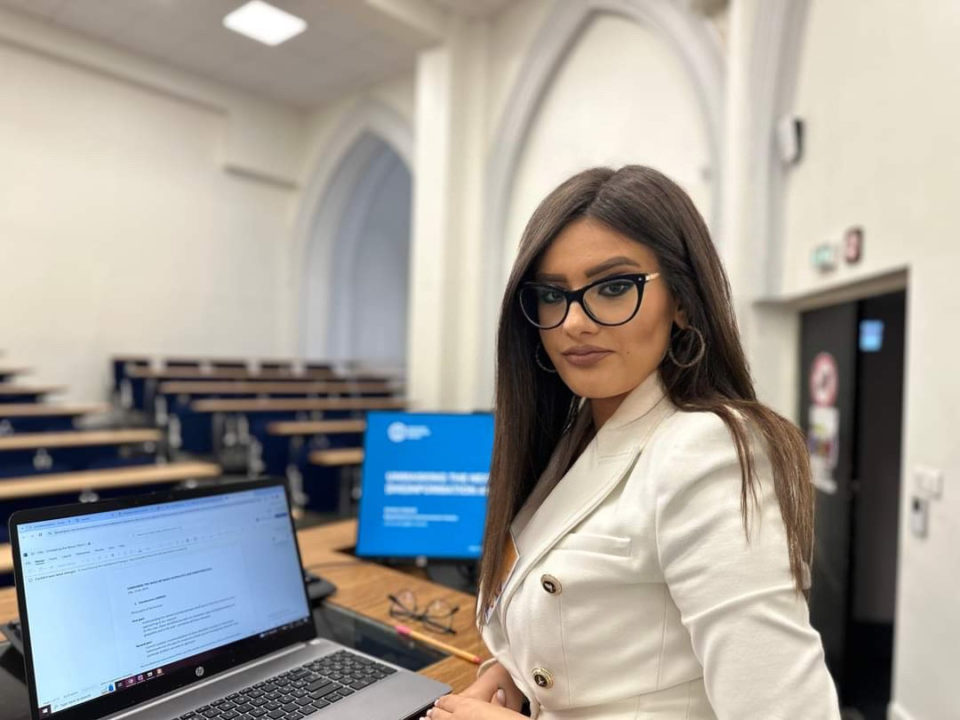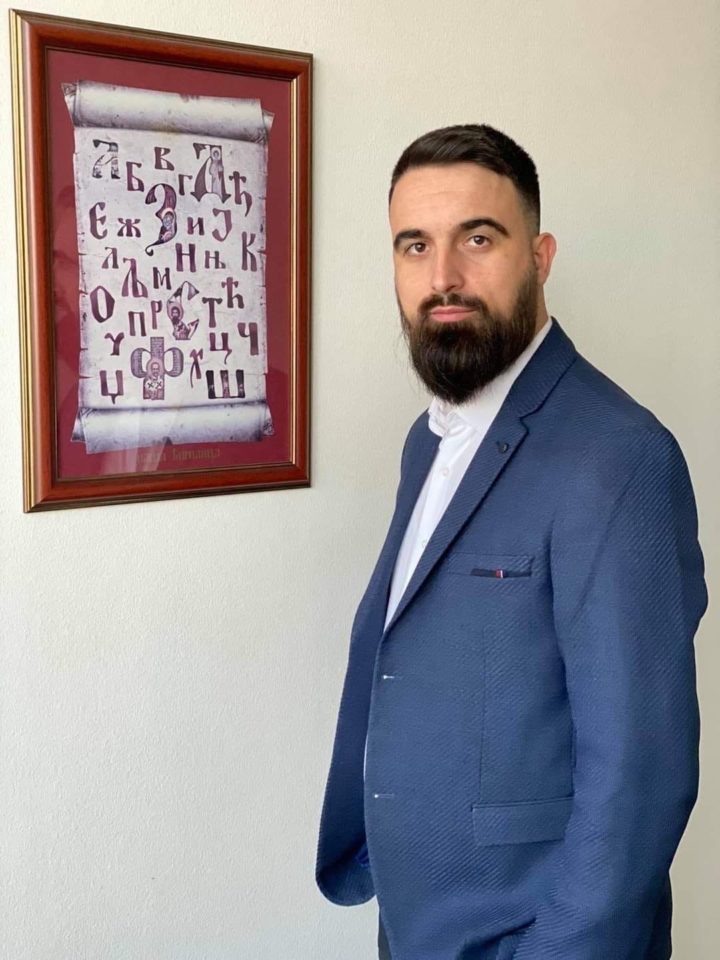
It was the English poet and civil servant, John Milton, who said of free speech: “For this is the freedom that most of all gives happiness or misery, or success or disappointment, or honor or shame.” This statement remains one of the most powerful on this topic, as it recognizes a fundamental truth about human nature: we, as a species, naturally aspire to freedom. Humans are beings who impose boundaries and frameworks. We are taught modes of behavior and we go through life alongside them. Freedom of speech is inherent within all freedoms. In the modern world, where fluent discourse is propagated, hidden forms of censorship often arise.
Throughout early history, laws on freedoms began to take shape, as those in power had control over speech, a situation that persisted largely unchanged until the Middle Ages. Immediately thereafter, public discourse was predominantly influenced by the Church. The first discussions on freedoms emerged during the period of humanism and the Renaissance. Literature from this era illustrates a clearer and more open dialogue emerging. From the Renaissance to modern times, censorship has been shaped by feudal lords, rulers, and wealthy individuals. What is most alarming is that little has changed. Today, public discourse is still largely shaped by powerful individuals and the systems within which speakers operate.
To understand the phenomenon of modern censorship, we spoke with a Communication researcher and a sociologist about this pressing issue.
Censorship in the contemporary world
Amina Vatreš is a teaching assistant and published researcher at the Department of Communication Studies at the University of Sarajevo. Understanding contemporary forms of censorship, according to Vatreš, requires analyzing the complex and multidimensional characteristics of the information space. This includes examining the role of technology, social media, political and economic pressures, as well as the (non)existence of individual and social responsibility among media professionals and other creators of media content.
“It (censorship) often acts entirely latently and implicitly, thereby posing new and more complex challenges to the preservation of freedom of expression, independence of media operations, and maintaining the media’s watchdog role,” said Vatreš.
Replacing conventional methods of censorship which involve explicitly blocking certain content from one or more centers, Vatreš explains that recent communication theorists refer to the new form of censorship as “censorship through noise.” This phenomenon is closely linked to information overload, a key feature of the recent information-communication ecosystem.

Vatreš states that censorship through noise blurs the distinction between fact-based reporting and completely fabricated information. This leads to a kind of suffocation of truth in a sea of lies and the emergence of numerous fragmented, decontextualized, and subjective truths. In this way, as she adds, the multitude of media creates the illusion of a plurality of opinions, which is particularly apparent in the realm of social media.
Vladimir Vasić, a sociologist, underlines the role of editorial boards in modern censorship.
“It is dangerous that certain media outlets, acting as a ‘window to the world,’ stifle freedom of speech due to their editorial policies instead of basing their work on ethical and scientific principles fundamental to their existence,” Vasić added.
“Freedom of speech ceases the moment a narrative attempting to fit into the framework of freedom of speech compromises the integrity of another person or other values,” said Vasić.

Censorship today is more subtle, subtly different from the traditional, with its own hidden modes.
Nonetheless, Vasić adds on the role of herd mentality: “Individuals try to impose such a form of public activity within the framework of censorship – anyone who thinks differently from me is against me – which in science is clearly known by its name. In their case, censorship refers to the transparency of work and the way public funds are managed,” said Vasić.
Self-censorship in a culture of fear
Today, truth and free expression often come at the cost of social sanctions. In recent years, we have all witnessed how most people choose a quieter mode of defense. Many young people ignore or accept generational taboos that are contemporary to our time. Influenced by social media, they choose self-censorship.
According to Vatreš, self-censorship is a way of avoiding the negative repercussions that may result from the expression of ideas, views, and critical reflections on society. Within the online sphere, the issue of censorship takes on new dimensions.
Vatreš argues that this is a manifestation of a modern form of censorship that essentially achieves the same ultimate goals as traditional censorship.
“This is further complicated by the fact that in the abundance of information, partial information, and fake news, it is difficult to make a clear distinction between fact and fiction, while at the same time, we are not fully aware of the fundamental change in the way information is being controlled,” said Vatreš.
Referring on societal attitudes towards disagreements and conflict, sociologist Vasić proclaims, “It’s fine as long as no one is shooting! This phrase masks their passivity and their incompetence. By ‘their,’ I mean all those who have led us to believe that the height of comfort is ‘it’s fine as long as no one is shooting’—and not just that—they have created such living conditions for us. As long as we remain silent, things will get worse for us because, by staying silent, we prove we are not deserving of better.
“As long as no one is shooting”
If people want to become active consumers of information, they must ask themselves whether we should filter what we see. Vasić responds affirmatively.
‟I believe that filtering publicly available content is beneficial, but it is essential that we all have mental filters in our heads that operate on the principle of ‘I want, I don’t want!’ It is important to learn to read the news and receive information critically because not everything written in the newspapers or said on television is true,” said Vasić.
According to Vasić, censorship that undermines freedom and freedom that attacks another’s integrity are two siblings from the same parents—bad ones.
Through our conversation with Amina Vatreš and Vladimir Vasić, we have learned about the fundamental principles of modern censorship and its impact on the masses and individuals. It is time to learn how to transform the world of communication and information into a safe community that functions in a stimulating and safe manner.






